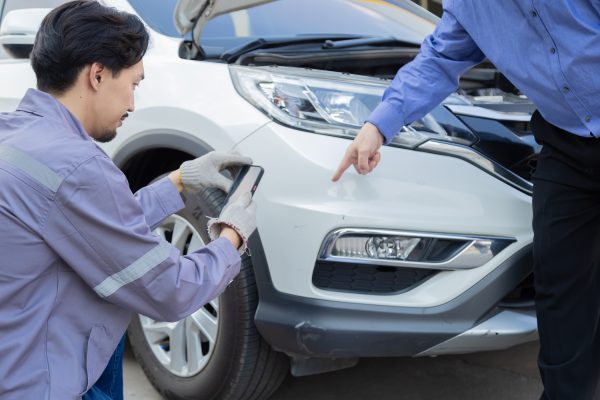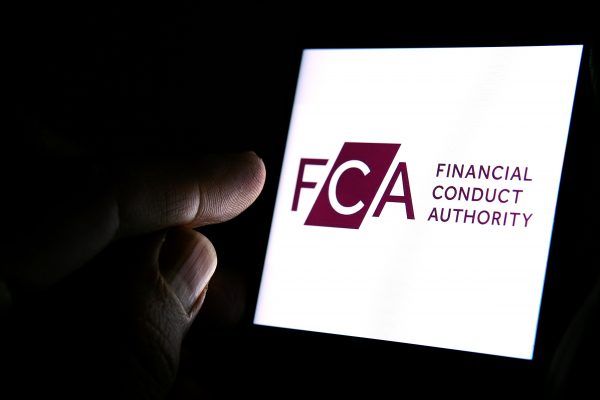As is so often the case ‘it all depends’.
In the era of the ‘never-never’ (or Hire Purchase as we now know it) the Government were concerned how easy it was for a HP Customer to sell on their motor vehicles to an unsuspecting buyer but leaving the HP company able to repossess it since they held the legal title to it. This led to the Hire Purchase Act 1964 (HP Act) which has safeguards for ‘private and innocent’ buyers.
The HP Act allows good title to pass if a person is both a private buyer innocent of the fact that the car is the subject of a HP or Conditional Sale agreement. What is of further interest is that the purchaser can be considered ‘private’ if they are not wholly or partly in the business of purchasing and selling vehicles or a finance company. So, a vehicle repairerer could be considered a ‘private’ buyer.
The subject of special rules here only apply when the vehicle is the subject of a HP or Conditional Sale agreement. Some finance packages eg Personal Contract Purchase (PCP) and Lease Purchase are also classed as Hire Purchase. The safeguards would not apply in the case of a simple fixed sum loan (secured or unsecured) or in the case of a lease/hire agreement.
In a nutshell, if the vehicle is the subject of a HP or Conditional Sale agreement then when it falls into the hands of a private and innocent buyer (not a car dealer) then that person will obtain good title.

We’re here to ensure all used car dealerships deliver a better car finance experience for their customers. With over 4,000 approved dealer partners we ensure you are properly supported and connected with a range of flexible finance options, allowing you to lend and your customers to buy in complete confidence.








